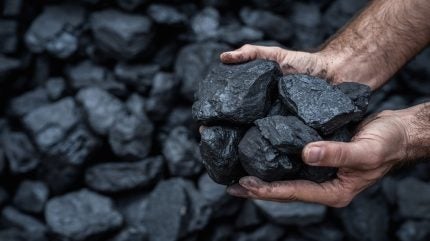
The Indonesian Government has issued a decree that removes the obligation for miners to use government benchmark prices as the minimum price in minerals and coal sales, according to a Reuters report.
Previously, Jakarta mandated the use of a coal benchmark price for transactions, starting from 1 March, aiming to exert greater control over the value of domestic and export transactions for the fuel commodity. This benchmark had also been used to calculate royalties.

Discover B2B Marketing That Performs
Combine business intelligence and editorial excellence to reach engaged professionals across 36 leading media platforms.
Despite this, the decree now permits miners to sell minerals and coal at prices below the government-set benchmarks.
However, production levies and tax obligations derived from these transactions will still be calculated based on the benchmark prices.
The feedback from the industry indicated a preference for using the “Indonesian Coal Index” to price shipments.
This index is favoured due to its transparency, more frequent updates and generally lower price points compared to the government benchmark.

US Tariffs are shifting - will you react or anticipate?
Don’t let policy changes catch you off guard. Stay proactive with real-time data and expert analysis.
By GlobalDataThe Indonesian Government also sets benchmark prices for various other minerals including nickel products, copper, tin, cobalt and bauxite.
In the first half of this year, the country exported 238 million tonnes of thermal coal, a 20% increase from the previous year.
Furthermore, the Indonesian mining ministry has identified 18 projects, with a combined value of $38.6bn, that are aimed at developing the nation’s natural resources. These projects have been highlighted for potential investment by Indonesia’s sovereign wealth fund, Danantara.
This fund plays a pivotal role in President Prabowo Subianto’s strategy to achieve an economic growth target of 8% by 2029. Launched earlier this year, Danantara is tasked with managing the shares of state-owned enterprises and reinvesting dividends into commercial ventures.





